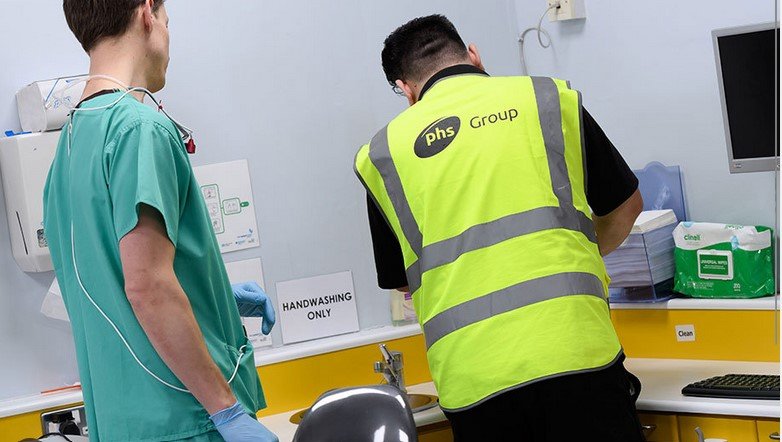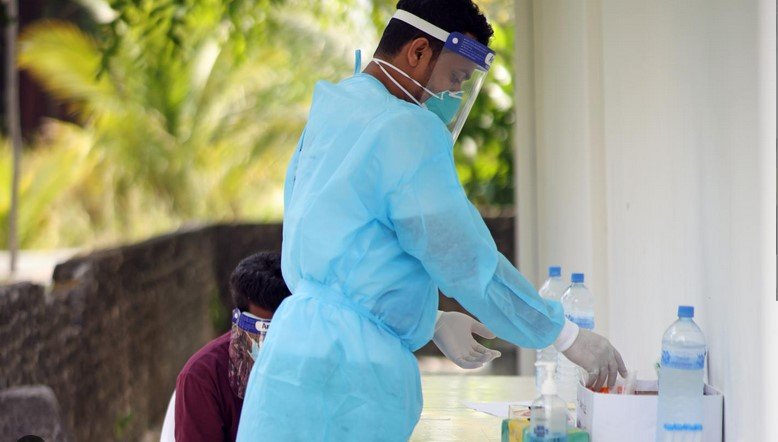Healthcare workers play a critical role in waste management within medical facilities. Their day-to-day tasks involve handling and disposing of various types of waste, from hazardous materials to general waste, ensuring that it is managed safely and efficiently. Let’s explore how healthcare workers contribute to effective waste management and why their involvement is essential for both safety and sustainability.

Understanding the Importance of Waste Segregation
Healthcare workers are responsible for segregating waste at the source. They categorize waste into different types, such as infectious, hazardous, and non-hazardous. Proper segregation ensures that waste is handled appropriately throughout its disposal process. By separating materials like sharps, chemicals, and biological waste, healthcare staff reduce the risk of contamination and ensure that each type of waste receives the right treatment.
Segregating waste accurately also supports recycling efforts. Non-hazardous materials, such as packaging and certain plastics, can be diverted from landfills when healthcare workers separate them from hazardous waste streams. This step not only protects public health but also contributes to environmental sustainability.
Safe Handling and Disposal Practices
Healthcare workers must follow strict protocols when handling and disposing of waste. Whether they deal with sharps, infectious materials, or pharmaceuticals, they ensure that the waste is securely packaged and labeled to prevent any accidents or exposure to harmful substances. Their adherence to safety protocols reduces the risk of infections, injuries, and contamination.
Workers also monitor waste containers for proper usage and ensure they are sealed correctly before being transported for disposal. Their role in handling waste with care directly impacts the safety of the entire facility, as well as the surrounding environment.
Education and Training on Waste Management
Continuous education and training are vital for healthcare workers to stay updated on best practices in waste management. Facilities regularly train their staff on proper waste disposal methods, safety measures, and the latest regulations. By staying informed, healthcare workers can improve their waste management practices and minimize the risk of accidents or improper disposal.
Training also emphasizes the environmental impact of medical waste. Workers learn how improper disposal can harm ecosystems and public health, motivating them to adopt sustainable waste management strategies. When healthcare workers understand the importance of their role, they become more committed to reducing waste and improving environmental outcomes.
Infection Control Through Waste Management
Healthcare workers contribute to infection control through effective waste management. By correctly handling and disposing of infectious waste, they prevent the spread of disease within medical facilities and the broader community. This role is particularly crucial in settings where infectious diseases are prevalent, such as hospitals, clinics, and quarantine facilities.
Workers follow specific protocols for containing and disposing of infectious materials, ensuring that waste does not become a source of contamination. Proper disposal of sharps, for instance, prevents injuries and infections that could result from accidental exposure. Their diligence in managing waste plays a key part in maintaining a safe and clean healthcare environment.
Promoting Sustainability in Healthcare
Healthcare workers are increasingly aware of the environmental impact of waste management in their facilities. Many workers actively promote sustainability by reducing waste and encouraging recycling programs. For example, staff may participate in initiatives to minimize single-use plastics, opt for eco-friendly materials, and find ways to repurpose non-hazardous waste.
By engaging in sustainable practices, healthcare workers help reduce the ecological footprint of their facilities. Their efforts contribute to a healthier planet, making waste management a critical part of healthcare’s overall commitment to environmental stewardship.
Conclusion
Healthcare employees are essential to the success of waste management in medical facilities. From segregating waste at the source to following safety protocols and promoting sustainability, they ensure that waste is handled safely and efficiently. As the healthcare sector continues to grow, the role of healthcare workers in waste management will become increasingly important, driving both safety and sustainability in healthcare practices.




